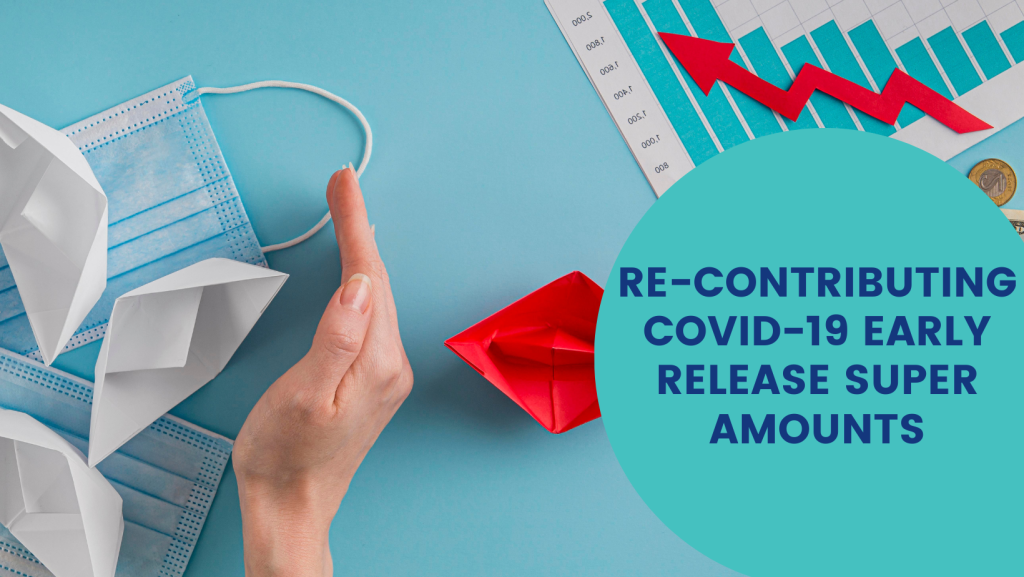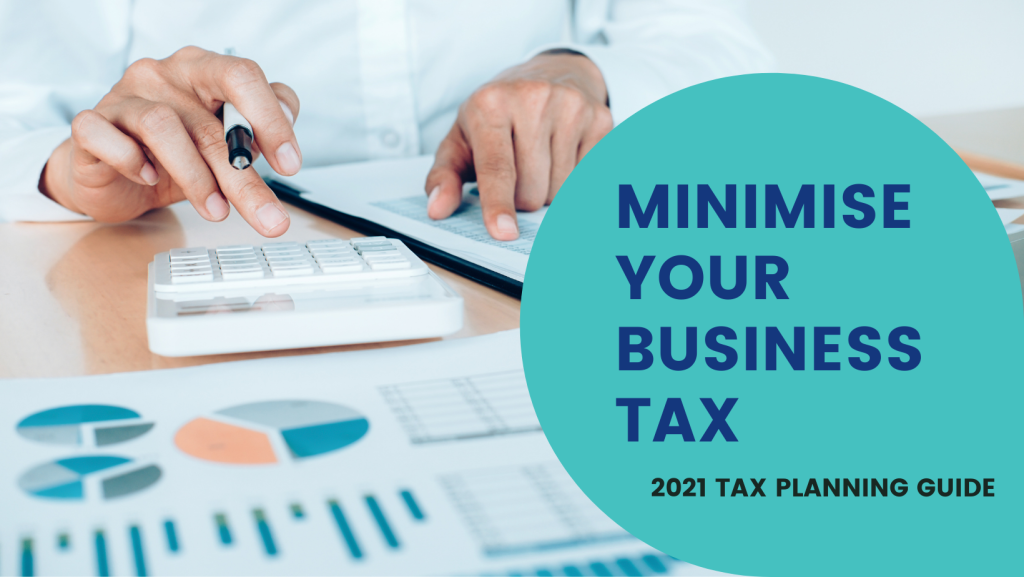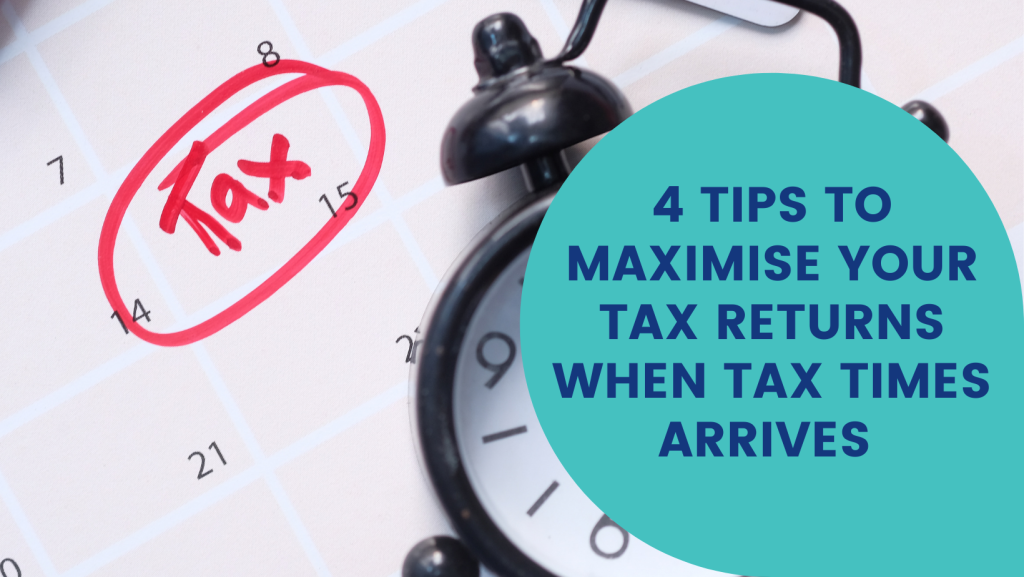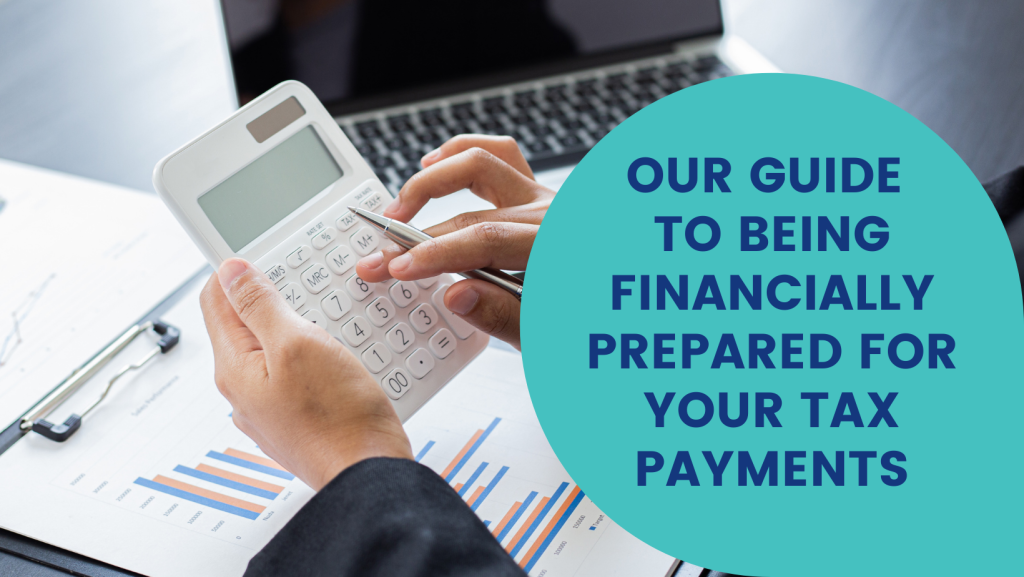Re-contributing COVID-19 Early Release Super Amounts
Re-contributing COVID-19 Early Release Super Amounts is a complex process but a great way to grow your super funds. Many individuals have been impacted financially by the COVID-19 pandemic, leading to changes in money management. To provide relief during this crisis, the government opened access to superannuation funds under its Compassionate Grounds through the COVID-19 Early Release Superannuation (CERS) scheme to eligible citizens and permanent residents. If you have accessed your superannuation early and are now looking to re-contribute these amounts, read on to get the key insights on best practices and considerations to effectively navigate this process.
What is the re-contribution process?
Re-contribution refers to the process of contributing back the funds that were withdrawn from your superannuation account under the COVID-19 relief measures. This allows you to replenish your retirement savings and provide a peace of mind for your future financial well-being. It is important to note that you are not obligated to re-contribute the withdrawn amounts, but can choose to do so at your discretion.
If you decide to make a COVID-19 re-contribution and you think that you will exceed your non-concessional contributions cap for the year in which the contributions are made, you must fill out the Notice of re-contribution of COVID-19 early release amounts (NAT 75394) form. You can use one form to cover multiple re-contribution amounts to a single fund within a financial year. However, if you make COVID-19 re-contributions to multiple funds or in multiple financial years, you will need to submit a separate form to each fund for each financial year.
Completing the ATO form is not required if your decision to re-contribute does not result in exceeding your non-concessional cap. However, the re-contribution amount will still be counted towards your non-concessional cap.
Are you eligible for a re-contribution?
Re-contributing to superannuation after accessing funds can be a complex process. If you can answer yes to all the following conditions, you will be able to make a re-contribution of the COVID-19 early release amounts to your super:
- You withdrew funds from your superannuation through the COVID-19 early release of super program.
- The sum of all your re-contributions, including any prior COVID-19 re-contributions, should not exceed the total amount you withdrew through COVID-19 early release.
- You must submit the approved form to your fund, notifying them of the re-contribution, before or at the time of making the contribution.
- You re-contribute the amounts to your fund anytime between 1 July 2021 and 30 June 2030.
- You aren’t claiming a deduction in your income tax return for amounts you re-contribute.
How much can you re-contribute?
If you qualify, you can re-contribute an amount equal to what you withdrew through COVID-19 early release. You can do this multiple times, but the sum of all your re-contributions cannot exceed the total amount you withdrew through COVID-19 early release.
ATO provides illustrative cases about:
- Not exceeding the non-concessional contributions cap
- Exceeding the non-concessional contributions cap
- Claiming a deduction for personal contribution amounts

What are non-concessional contributions?
You can make non-concessional (after-tax) contributions to your superannuation account if your super balance is below the transfer balance cap ($1.7 million from July 2021). Non-concessional contributions are made from your after-tax income and do not attract additional tax upon entry into your super fund. However, be mindful of the non-concessional contribution cap, which is $110,000 per financial year for the 2021-22 financial year. If you exceed this cap, you may face penalty tax rates on the excess amounts.
What are Concessional contributions?
Concessional contributions refer to before-tax contributions made to your super fund, including contributions from your employer and salary-sacrifice arrangements. These contributions are taxed at a rate of 15% upon entry into your super fund. The concessional contributions cap is $27,500 for the 2021-22 financial year. If you wish to make additional concessional contributions to re-contribute your COVID-19 early release amounts, you can consider negotiating a salary sacrifice arrangement with your employer. You will not be eligible to claim a personal deduction in your income tax return for the amount you re-contribute.
Re-contributing your superannuation fund can be a complex process with potential tax implications and requires an understanding of your financial situation, future goals, and risk appetite. Therefore, it is highly recommended that you speak to a professional financial planner or Superannuation Self- Managed Superannuation Fund (SMSF) accountant for your super fund before making any decisions to guide you through the process, help you manage potential risks, and ensure that your re-contributions align with your overall financial strategy.
Key Points
- Re-contributing COVID-19 early release super amounts refers to the process of contributing back the funds that were withdrawn from your superannuation account under the COVID-19 relief measures.
- You can choose to re-contribute these amounts whenever you feel financially secure enough to do so.
- Consider the tax implications of re-contributing larger amounts in a single financial year, as this could potentially impact your tax brackets and concessional contribution caps.
- Check out your eligibility to make a re-contribution
- Re-contributions of CERS can be made between 1 July 2021 and 30 June 2030.
CONCLUSION
Re-contributing COVID-19 Early Release Super Amounts amounts can play a significant role in securing your financial future and ensuring a comfortable retirement. By understanding the re-contribution process, considering the timing, exploring your options with concessional and non-concessional contributions, and seeking professional advice, you can effectively replenish your superannuation and safeguard your financial well-being. Remember that every individual’s financial situation is unique.
Wardle Partners Accountants & Advisors’ team of SMSF accountants can provide you with professional advice that will enable you to make informed decisions that are tailored to your specific needs and goals.




